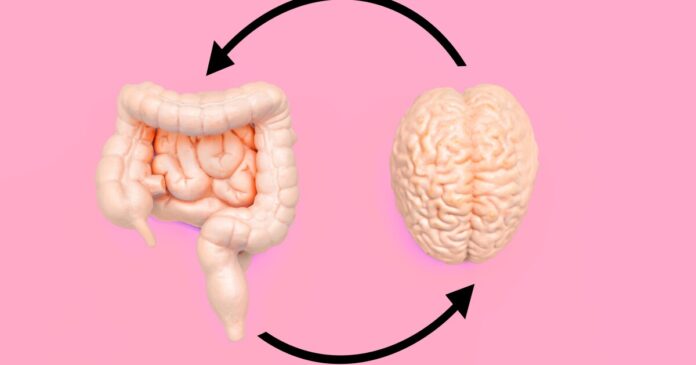Introduction to the Study
A new study has found that gaining weight as a result of poor diet is linked to impaired cognitive functioning and developing symptoms of anxiety. This adds to the growing body of evidence that there’s an intrinsic biological link between our gut health and mental health. The study, presented at the NUTRITION 2025 conference, was conducted by researchers at Georgia State University, who investigated the role diet-driven obesity plays in altering brain function.
The Research Findings
The researchers found that obesity can lead to anxiety-like behavior, possibly due to changes in both brain function and gut health. While the mechanisms at play are still not clearly understood, the findings suggest that gaining weight can come with a suite of negative emotions that are very complex and personal, but there’s a biological trigger underpinning the change in mental health. According to Desiree Wanders, an associate professor at Georgia State University, "Several studies have pointed to a link between obesity and anxiety, though it is still unclear whether obesity directly causes anxiety or if the association is influenced by societal pressures."
Methodology and Results
To better understand the link between gut, weight gain, and mental health, the scientists studied weight gain in mice and analyzed cognitive behavioral shifts. The study involved 32 male mice, split into two groups, one fed a low-fat diet and the other a high-fat diet, for 15 weeks. The animals were then challenged with a series of tasks to assess cognitive function. The mice on the high-fat diet had higher fat deposits and weight gain and displayed behaviors closely aligned to anxiety symptoms in humans. They spent significantly more time "freezing" – a behavior the animals exhibit when encountering a perceived threat – than the lean mice when exposed to non-threatening cues.
The Role of the Hypothalamus
Brain activity analysis revealed that signaling in the obese animals’ hypothalamus was markedly different from that in the brains of the lean mice. The hypothalamus is key to regulating various metabolic functions but also plays an important role in processing fear and stress responses, which is one area of the brain implicated in anxiety disorders. The scientists also found that the two cohorts had distinctly different communities of flora in their microbiome.
Implications of the Study
The findings do support the existing evidence that there is certainly a strong link between the gut, anxiety, and overall mental health. According to Wanders, "These findings could have important implications for both public health and personal decisions. The study highlights the potential impact of obesity on mental health, particularly in terms of anxiety." The researchers believe that understanding the connections between diet, brain health, and gut microbiota may help guide public health initiatives that focus on obesity prevention and early intervention.
Limitations and Future Research
While the study provides valuable insights, it should be noted that experiments with mice do not mirror a real-world human experience, and not all studies on rodents translate perfectly to humans. The researchers are now focused on finding the potential mechanisms that underpin the gut-brain connection and plan to expand their study to include female mice and animals of varying ages. They also aim to investigate whether reversing the diet-induced weight gain would also relieve the anxiety symptoms and impaired cognition that the obese mice exhibited.
Conclusion
In conclusion, the study highlights the significant link between diet-driven obesity, gut health, and mental health. The findings suggest that gaining weight can lead to impaired cognitive functioning and anxiety-like behavior, possibly due to changes in brain function and gut health. While further research is needed to fully understand the mechanisms at play, the study provides important insights into the potential impact of obesity on mental health and the need for public health initiatives that focus on obesity prevention and early intervention. By understanding the connections between diet, brain health, and gut microbiota, we may be able to develop more effective strategies for promoting mental health and well-being.

